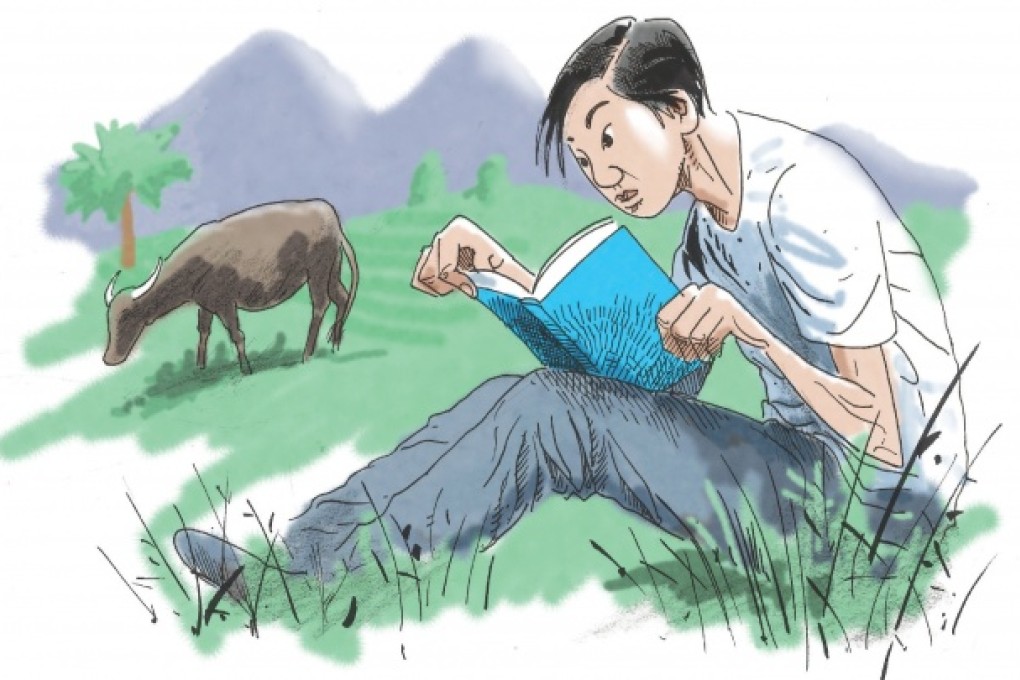The dazzling comeback of China's sent-down youth of yesterday
Nora Sausmikat says with the ascent of a new Chinese leadership comprising many who were 'sent down' during the Cultural Revolution, there's a feeling that this generation's time has now come

When I interviewed Chinese intellectuals 10 years ago, many believed that the zhiqing generation - the fanatical young people sent to the countryside to learn from peasants during the Cultural Revolution - would be left out of the leadership succession.
Today, the most powerful people in China belong to this generation, including President Xi Jinping as well as five of the six other members of the new Politburo Standing Committee. And 17 of the 23 provincial party chiefs are also part of this cohort.
They were between 13 and 20 years old when the Cultural Revolution started. The older ones, born around 1946-47, had nearly finished school when it began. The youngest - those in Xi's age group - had just entered the sixth-class level when the schools were closed.
Yet the experiences of this generation differ greatly, given the vast numbers involved: an estimated 17 million educated youths were sent down, while an unknown number managed to stay in the cities because of special privileges.
Still, some famous Chinese thinkers, such as Xu Youyu, have said they shared common experiences. With only a very limited number of books to read, they shared the experience of reading prohibited books by authors such as Bertrand Russell, John Locke and Anna Louise Strong. One book in particular was influential: The Rise and Fall of the Third Reich by William Shirer. While finding some parallels, the Chinese youth of the 1960s and 1970s started to doubt whether their country had chosen the "best system in the world".
In his book Footprints of the Missing, Yin Hongbiao reconstructed the political thoughts and reading habits of his fellows. He described in great detail the resistance and doubts among the different factions of zhiqing and Red Guards of the time. He created a genealogy of resistance against the Cultural Revolution, reconstructed the beginnings of the crude imaginings of liberalism, discussion about the French Revolution and studies of Stalinism.
No other generation had to struggle so hard to be able to read books - which proves their extraordinary thirst for knowledge . Song Yongyi, who now lives in the US and is a well-known Red Guard researcher, supports the image of a rebel faction of the Red Guards who read and wrote many important texts that could be used even today as blueprints for political reform. Others see them as "early democrats". But there are also the "others", the princelings, sons of powerful Communist Party cadres, for whom the Cultural Revolution was only a short interruption in their otherwise privileged lives - like Xi, the son of the former vice-premier Xi Zhongxun who fell from political favour in 1968. It has been well documented how 15-year-old Jinping had to live in a Yanan cave for seven years.